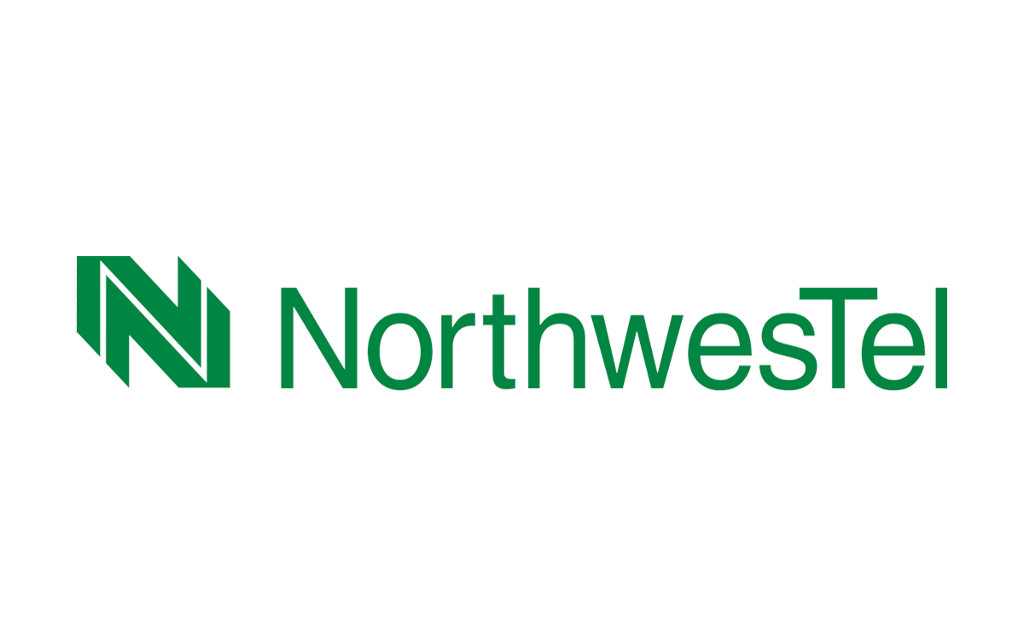
The Eastern Ontario Regional Network (EORN) is asking the provincial and federal government to chip in to a $213-million public-private partnership to address cellular coverage gaps in Eastern Ontario. This content is available to wirereport.ca subscribers Already a subscriber? Sign in here LOGIN Forgot password? Unlock all the Canadian telecom, broadcasting and digital media news …
Continue reading "EORN proposes public-private partnership to fill cell coverage gaps"
The presence of cable infrastructure in locations where there is no telco option for wholesale Internet service is not a sufficient alternative, small Internet service providers (ISPS) are arguing in a proceeding in front of the CRTC. This content is available to wirereport.ca subscribers Already a subscriber? Sign in here LOGIN Forgot password? Unlock all …
Continue reading "Cable no substitute in wholesale service gap areas: CNOC"
The CRTC is asking for input on the $750-million fund for improving broadband service it first announced in December as part of its basic service decision.
The project will be funded by repurposing the existing local service subsidy and new contributions from telecoms based on broadband revenues, the commission said at the time.
The federal government is making available $250,000 to improve Internet service in Eastern Ontario.
The money will be administered through the Connecting Canadians program implemented by the previous Conservative government, according to a Wednesday press release.